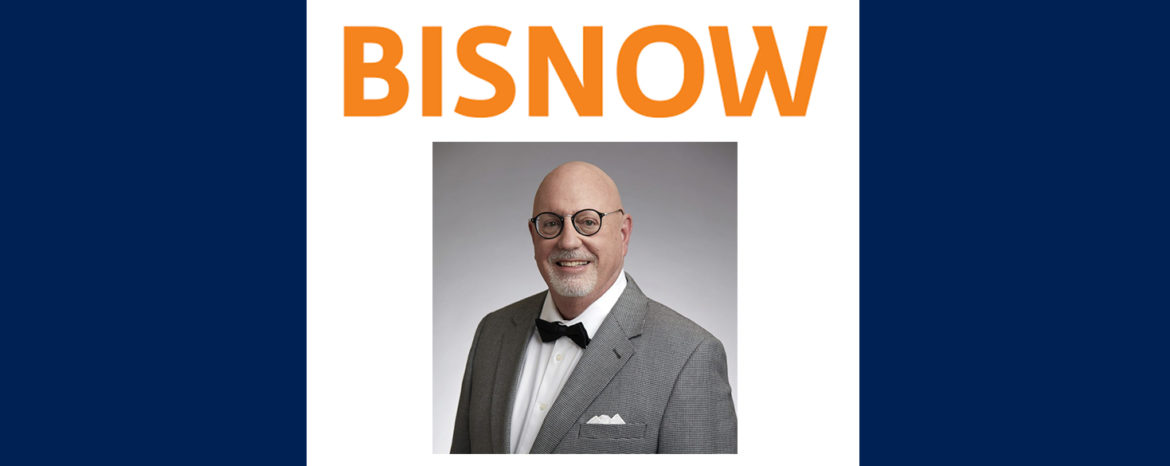“When the government stops putting money in, you are going to have a cascade of bankruptcies, both commercial and consumer.” Bankruptcy attorney Gregory Wade shares his expertise in Bisnow. Read the full article below:
U.S. retailers and restaurants are finally starting to welcome customers again around the U.S., ending months of little to no income. But the future may still be grim and experts believe some may immediately call it quits after seeing the reality of operating in the wake of the coronavirus pandemic.
“As the consumer comes back, it’s not like turning on and off a light switch,” Coresight Managing Director of Luxury and Fashion Marie Driscoll said.
“It is going to be gradual and depending on how gradual it is and how safe consumers feel going back to the stores that is going to influence the productivity of the stores and whether or not there are more store closings and … bankruptcies.”
This year has already been rough for retailers: Coresight Research reports 15 major U.S. retail bankruptcies in the first five months of 2020, including JCPenney, Pier 1 Imports, Neiman Marcus, True Religion Apparel, J. Crew and Papyrus.
Coresight has tracked 4,005 store closures so far this year and is projecting 20,000 to 25,000 total will shutter in 2020.
Experts in the bankruptcy space expect an even bigger surge of Chapter 11 or Chapter 7 bankruptcy filings by the third quarter.
Veteran bankruptcy attorney Gregory Wade with the law firm of Friedman, Grimes, Meinken & Leischner PLLC said the third quarter may be when the impact of the coronavirus pandemic is fully understood, particularly with so many businesses and individuals staying afloat right now on government Paycheck Protection Program loans and unemployment.
“Right now, we have never had this before because the government through its economic incentives is literally propping up the [companies],” Wade said. “It’s almost as if what the federal government did was it took its own notion of a Chapter 11 and said, ‘OK, we are going to prop up the economy for a few months and see what happens,’ but when this stops, it could be a bloodbath.”
That bloodbath has the potential to clog up the bankruptcy courts for months on end.
“I think it’s going to come in a rush,” Wade said. “You have all of these problems that are building up, and when the government stops putting that money in, you are going to have a cascade of bankruptcies, both commercial and consumer.”
Even as retailers open to the public, they face financial struggles. In Coresight Research’s May 27 consumer survey,half of consumers who reported changes in their post-pandemic spending habits believe it will take five to six months before retail buying habits return to normal.
“I am sort of baffled that we haven’t felt more stress [on restaurants and retail] yet,” said bankruptcy attorney Megan Murray, founder of Tampa-based law firm Underwood Murray P.A.
Murray has seen an increase in bankruptcy filings from both restaurants and stores — dining facilities are taking as much of a hit as goods retailers even though they remained viable parts of the experiential retail economy before the pandemic. Restaurants are low-margin businesses and stalled traffic has taken its toll on restaurant revenue, resulting in restaurant chains like the parent company of Brio Tuscan Grill filing for bankruptcy reorganization.
Retailers and restaurants are having to make hard decisions about whether they need to file for Chapter 11 or Chapter 7 to salvage their businesses through a bankruptcy reorganization or to just escape the financial squeeze altogether by liquidating locations and assets.
“I definitely have seen an increase [in filings],” Murray said. “We have a few big ones here in Florida. I have seen other ones across the country.”
For some of these retailers and restaurants, bankruptcy is not about a long-standing financial battle against Amazon and e-commerce, but rather a strategy to keep the lights on during a temporary downturn.
“I think it’s being used in the traditional ‘I need breathing room, and I need to figure out how I am going to come out of this as a living, breathing company,’” Murray said.
Thus far, landlords and lenders have largely given that kind of breathing room for the last three months outside of the bankruptcy process. But Stark & Stark bankruptcy attorney Joseph Lemkin said bankruptcies will accelerate if landlords and creditors reach a point where they no longer can justify forbearances and other savings mechanisms for retail tenants who cannot pay the rent.
“There will be more [bankruptcies] because I think a lot of what was happening is in certain areas, the landlords have held off on being aggressive,” Lemkin said.
It’s not all grim news for retailers, however. Many are surprised when they do reopen to find that productivity levels are better than expected, although not yet at pre-crisis levels, Driscoll with Coresight said. The Chapter 11 option also gives retailers the flexibility to rebuild their brands and escape expensive liabilities.
“Bankruptcies can give a retailer wiggle room in terms of exiting leases that they otherwise would not be able to contractually and it allows them to restructure their debt,” Driscoll said.
She said back-to-school and holiday sales will be major tests for retailers this year since many retailers use these periods to determine if it’s time to file for bankruptcy in the coming year.
For some, there’s a risk the effects of the pandemic could prevent them from surviving until the holiday shopping season.
“As your vendors see how tenuous your business is, a lot of vendors won’t ship to [those] retailers, and they [can] actually push the retailer into bankruptcy. These are totally unprecedented times,” Driscoll said.
Murray thinks even those companies that survive 2020 without going bankrupt will not look the same.
“I think once the PPP money runs out and some restaurants and retailers make a pivot and decide they are going to change their structure for good, they are not going to open in the same ways,” she said. “I think we are going to have some real lasting effects. We may not be feeling anything yet.”
About the Author

Gregory M. Wade
Gregory M. Wade was born in Washington, D.C. and raised in Northern Virginia. Since 1977 Mr. Wade has been engaged in the private practice of law in Northern Virginia and has been an active leader in the Bar and in the community.

